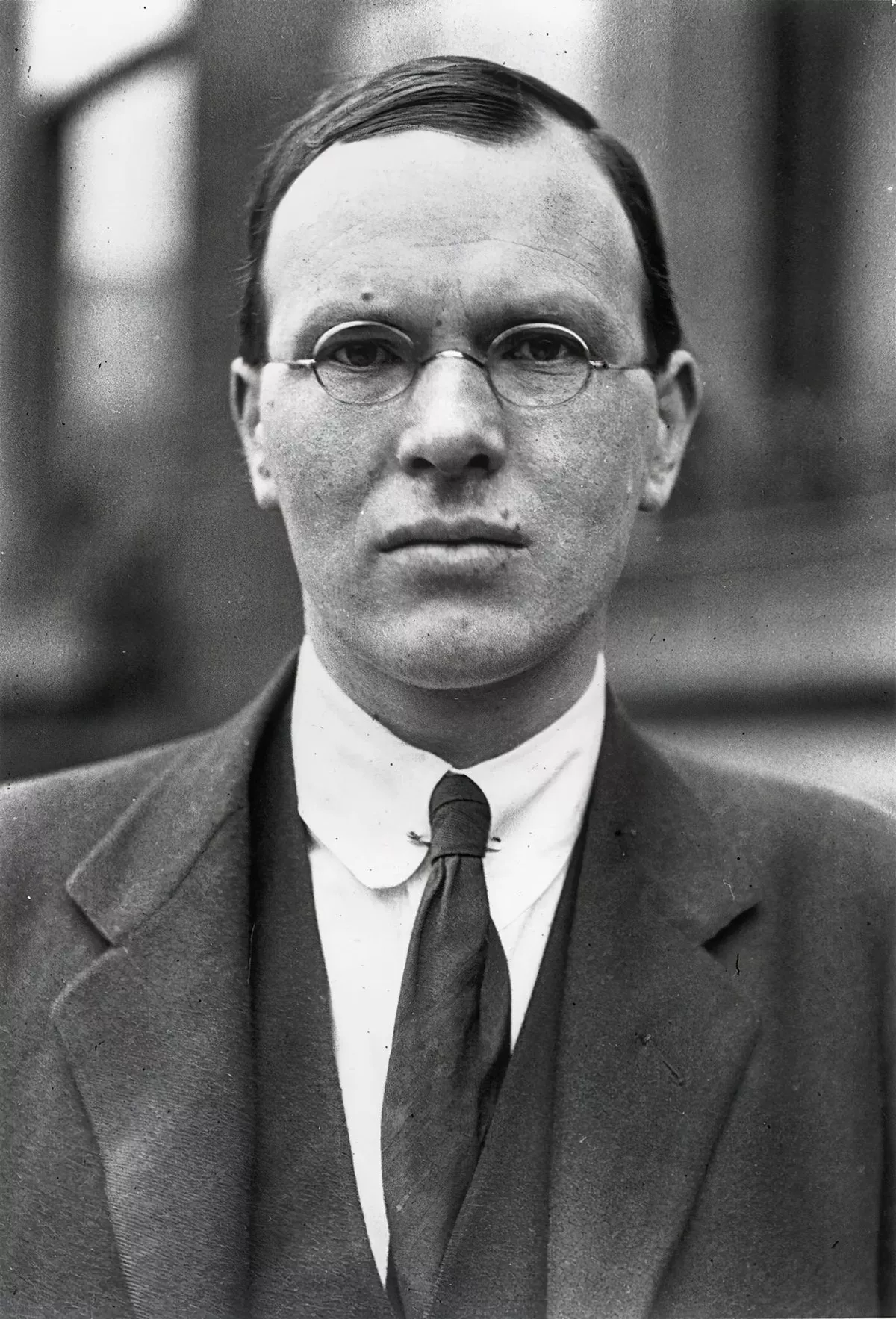 1.
1. Ernest William Blythe was an Irish journalist, managing director of the Abbey Theatre, and politician who served as Minister for Finance from 1923 to 1932, Minister for Posts and Telegraphs and Vice-President of the Executive Council from 1927 to 1932 and Minister for Local Government from 1922 to 1923.